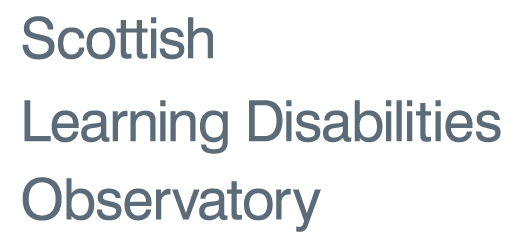Learning Disabilities and Black African families in the United Kingdom

Background
In the UK, the population of minority ethnic people is increasing proportionally with the increasing UK population overall. This has also increased the number of people from minority ethnic communities receiving family care and support. People from minority ethnic groups with learning disabilities experience high levels of inequality and disadvantage due to the discrimination and stigma they experience, which can impact on their access to health and social care services and other support needs. Research also shows that families of people with learning disabilities play a great role in supporting their adult family member with learning disabilities, but they may end up overwhelmed with the family caring role and this can affect their mental and physical wellbeing. These families also experience discrimination and stigma when trying to get support for their loved ones with learning disabilities.
Why is this important?
This study seeks to look at Black African families because they are often researched within other minority ethnic groups, therefore the findings are not always directly relevant to them. Focusing this study on Black African families of adults with learning disabilities is important to identify their specific experiences and needs so that this can inform policies that can improve their lives.
What we will do
We will conduct a study that will involve interviews with adults with learning disabilities and family carers of adults with learning disabilities from Black African families. We will ask participants about their daily life experiences and their experience of accessing health and social care services and support. We will then analyse the information and publish our findings via journal articles and share with health and social care governing bodies and care organisations. We will engage directly Black African people with learning disabilities and their families, as well as community groups and support organisations.
For more information about this research, please contact Shylet Musabayana via sldo-info@glasgow.ac.uk
Page updated 22nd July 2024.
